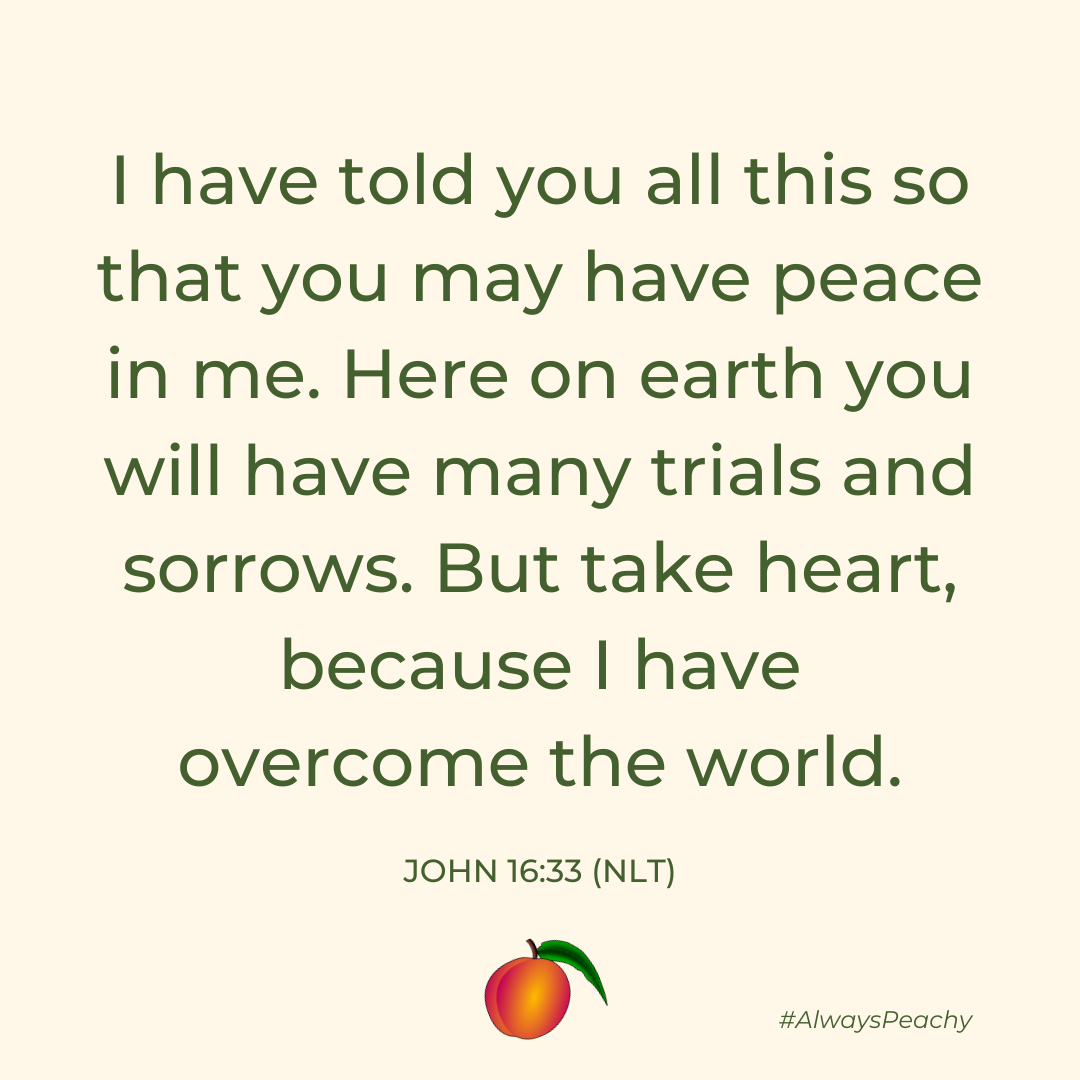Why does our grief matter?
Faith should be our response to grief, and if we don’t respond to our grief, how will anyone see our faith?
The Lord hears his people when they call to him for help. He rescues them from all their troubles. The Lord is close to the brokenhearted; he rescues those whose spirits are crushed. (Psalm 34:17-18)
September 2024 will go down in history as a terrible month. So many objectively awful things happened in September this year. It legitimately felt like one blow after another after another. Just when we’d get our feet under us, BAM! Another sucker punch, and we’d go down again.
Death and sorrow and grief and pain. Disappointment and discouragement. Setbacks and declining health and increasing conflict. And Hurricane Helene.
Sorrow after sorrow. Heartbreak after heartbreak. Have you ever felt so much sadness the weight of it threatened to snap you two pieces?
Nobody likes grief. It’s not fun. It’s painful and lonely, and it hollows you out until you can’t really feel anything else. If there is one emotion I prefer to ignore, it’s grief. And if I can’t ignore it, I cover it up with humor and laughter and funny stories.
It’s better to laugh than cry, right?
Trust me, I can rationalize my way out of grief as easily as discussing what’s on the week’s shopping list. I don’t need to grieve. That’s a lot of emotion spent without any productivity. Besides, grief is temporary, so it’s more efficient to speed through it. There won’t be grief in eternity, so let’s not waste the time wallowing in it. I have faith, so I don’t need grief.
That sounds really spiritual, doesn’t it? It sounds like someone who has experienced God’s goodness in the land of the living, so to speak. It sounds like someone who is strong and brave and resilient.
But is that true? Or is it pride? Is that how God calls us to respond to the brokenness in the world? Or is it our need to present a “Happy Face” so that everyone who sees us knows that we’re “Good Christians”?
As believers, we are called to pattern our lives after Jesus. We certainly don’t have a problem when it comes to His Righteous Anger. We like flipping tables, especially in election season. We cheer when false prophets and pharisees are brought down a few pegs.
Righteous Anger is easy to celebrate. But what about grief? What about lament? What about sorrow? Because Jesus felt those emotions too.
Grief isn’t so easy to celebrate.
We cringe at lament. We run away from the grieving with all speed. We’re so afraid of those who are sorrowing that we don’t even engage in conversation with them. Or those who do engage with them only have tips and tricks on how to “fix” their situation. Either that or they offer empty platitudes or well-intentioned Bible verses—but both of those are more for the comfort of the person who’s offering them instead of the person who truly needs comforting.
From a human perspective, grief is always followed by fear. Fear of the hurt never going away. Fear of more pain and more loss. Fear of not being strong enough or not having enough faith or not being able to endure God’s “good” plans. Grieving without hope is always fearful.
And that’s why Christians need to grieve.
We need to stop hiding our sorrow. We need to stop pretending that we aren’t broken-hearted for the state of our families, our communities, our nation, our world.
How will anyone know the source of our hope if no one realizes that we need hope? How will an unbelieving world recognize our dependence on Jesus if we aren’t depending on Him?
Obviously, there is a time and a place for grief. There is a season for everything, and in some instances (and in some relationships) we all must exercise a level of self-control.
But don’t substitute faith for grief. If you refuse to acknowledge your grief, you’ll burn out. Faith isn’t denying your sadness; it’s accepting that your heart is broken and you still trust in God’s plan. It’s acknowledging that your life isn’t going the way you hoped, but that you’re still going to follow Jesus because He has the Words of Life (John 6:68).
Faith was never intended to replace grief. Faith should be our response to grief, and if we don’t respond to our grief, how will anyone see our faith?
Grief without fear is a superpower. Grief with hope is Holy. May we all be brave enough to acknowledge our grief in a way that points the world to our glorious God, because without Him grief really is permanent.
Questions for Reflection
Why do you think it was important for God to communicate that He cares for those who are sad?
If you didn’t have emotions, what would your life look like?
How important are your feelings to God?
Weekly Memory Verse





